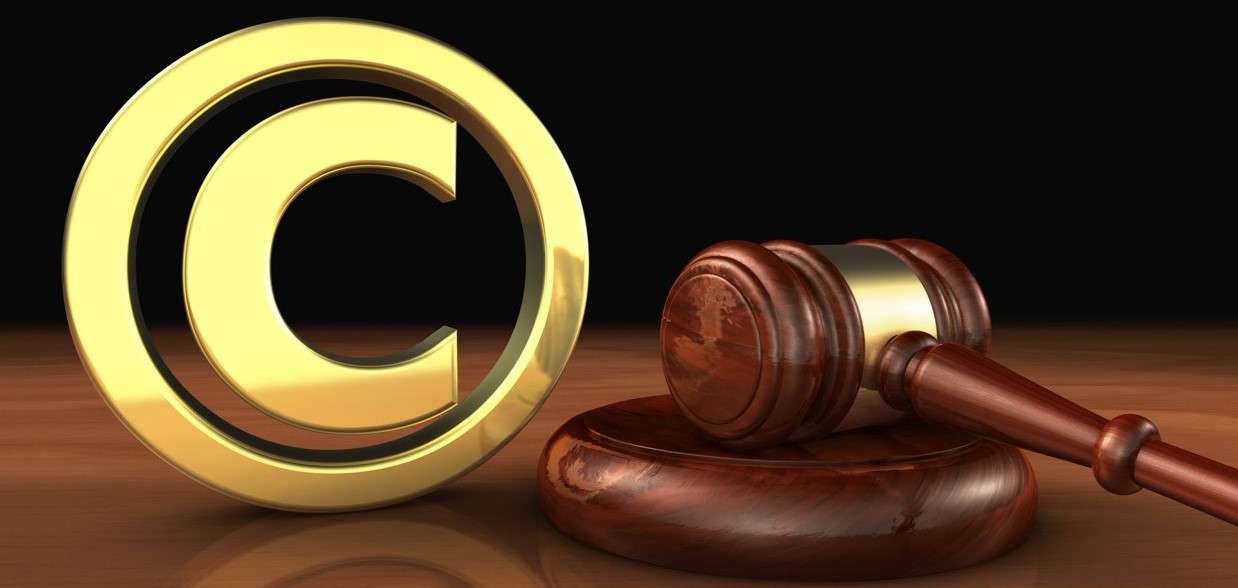By Alex Liu
Hong Kong, 10 February 2023: After well over a decade of debates and delays, Hong Kong has finally passed legislation to update its archaic copyright regime, making it more suited to the digital age and aligned with international standards. The Copyright (Amendment) Ordinance 2022 was gazetted shortly before Christmas and will come into effect on a date yet to be decided, although this is expected to be soon.
Efforts to reform this city’s copyright regime began as far back as 2006, but the resulting bills twice failed to get through the Legislative Council, in 2011 and 2014. This meant the Copyright Ordinance (Cap. 528) had not been updated since it came into force in 1997.
Aware of the urgent need for a more modern regulatory regime, the government conducted a three-month public consultation ending in February last year and tabled the new legislation last June. It was passed by LegCo in early December. The Amendment Ordinance covers five broad areas:
- To introduce an exclusive technology-neutral communication right for copyright owners in light of technological developments;
- To introduce criminal sanctions against infringements relating to the new communication right;
- To revise and expand the scope of copyright exceptions to allow use of copyright works in certain common internet activities;
- To introduce “safe harbour” provisions to provide incentives for online service providers (OSPs) to co-operate with copyright owners in combating online piracy and to provide reasonable protection for their acts; and
- To introduce two additional statutory factors for the court to consider when assessing whether to award additional damages to copyright owners in civil cases involving copyright infringements.
Expanding on the above, point 1 is important because it extends to streaming. The current regime limits the owner’s rights to “copying”, “performing, showing or playing” or “broadcasting”, but not streaming which, technically, does not involve copying. The new legislation plugs this loophole and is a clear deterrent to platforms which attempt, for example, to stream films to a mass audience.
Point 2 is intended to penalise individuals who facilitate unauthorised communication of copyright works to the public for profit or to prejudice copyright owners. The court has scope to look into all the circumstances of a case, including the economic prejudice experienced by the copyright owner.
There remains the defence that the accused individual did not know and had no reason to believe they were infringing copyright, if they have evidence to support this.
The range of copyright exemptions is significantly expanded in point 3 to facilitate online learning – for example, lessons provided by educational establishments – and operation of libraries, museums and archives. It also covers fair dealing with a copyright work for the purposes of parody, satire, caricature or pastiche, and for the purposes of review or criticism. Under the existing law, there is no specific defence for parody, meaning it carries significant infringement risk. As well, the new legislation allows for so-called media shifting, that is converting a work to a different media format for private and domestic use.
With regard to point 4, OSPs will generally welcome the safe harbour provisions that protect them from liability for illegal actions which take place on their platform but should note they have certain obligations, such as taking reasonable steps to stop a copyright infringement once they have been notified. Further details about how OSPs are expected to comply will be contained in a forthcoming Code of Practice.
For point 5, it should be noted that courts can already award additional damages for copyright infringements. The new regime adds two more factors for the court to consider: the unreasonable conduct of an infringer after having been informed of the infringement; and the likelihood of widespread circulation of infringing copies as a result of the infringement.
In summary, copyright protection is an essential component of any intellectual property (IP) regime in that it safeguards original works, including those in the literary and artistic fields, and is crucial to the development of creative industries. The new legislation will strengthen Hong Kong’s IP landscape and ensure it stays in step with international standards so as to encourage creativity and technological development.
However, our government has not finished yet. Once the legislation is implemented, the authorities intend to embark on a new round of review to examine copyright issues which have not been addressed in the Amendment Ordinance. These may include data mining, works created by artificial intelligence and the use of copyright works in which the owner cannot be identified. For the time being, though, the new legislation which puts Hong Kong in step with the digital revolution is both welcome and long overdue.
A Partner in BC&C since 2000, Alex Liu’s key areas of practice include commercial and corporate litigation, investigations by governmental bodies such as the SFC, ICAC and Commercial Crime Bureau, insolvency and debt restructuring, intellectual property and employment matters. He can be contacted at alex@boasecohencollins.com.



